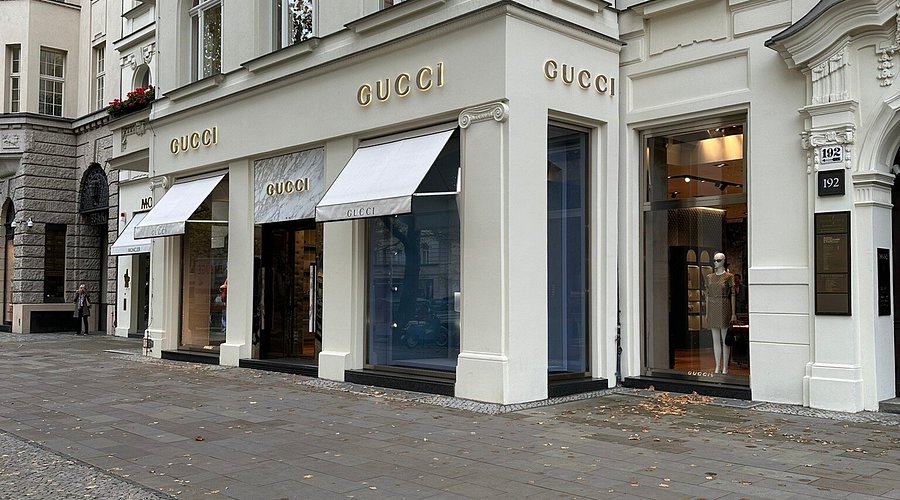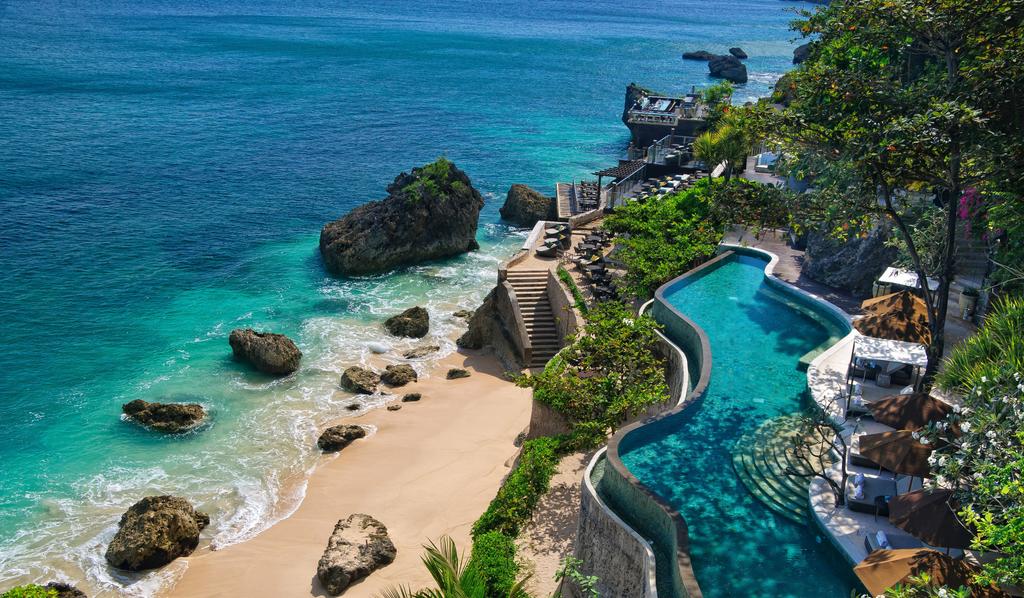Tech Moguls Are Funding Experimental Forest Cities as a New Form of Legacy
By
John Carter
Last updated:
September 26, 2025
First Published:
September 26, 2025

Photo: Daily Mail
Redefining Legacy Through Green Innovation
For decades, the ultra-wealthy have sought ways to leave a lasting mark on the world. While traditional philanthropy focused on art collections or educational endowments, a new trend is emerging where tech moguls are investing in experimental forest cities. These are not ordinary developments but carefully designed urban ecosystems that harmonize with nature while demonstrating cutting-edge technology. They serve as living legacies that outlast personal achievements or corporate milestones.
The Concept of a Forest City
Forest cities are urban spaces planned to integrate trees, vertical gardens, and ecological corridors into everyday life. Unlike conventional cities where concrete dominates, these developments prioritize biodiversity and air quality. Tech billionaires see these projects not only as environmental contributions but also as testaments to human ingenuity and sustainable urban planning. Each forest city is a unique blueprint, showcasing how wealth can reshape habitats in unprecedented ways.
Merging Technology with Nature
These cities rely heavily on innovations in renewable energy, smart infrastructure, and automated environmental monitoring. Drones patrol green corridors to ensure plant health, while AI systems manage energy efficiency for every building. The tech moguls funding these projects often participate in the design process, ensuring that the city reflects their vision for a futuristic, nature-centric world. This intertwining of technology and ecology sets a new standard for what modern luxury can mean.
Private Funding for Public Benefit
Unlike government-led urban projects, forest cities are often privately funded and managed. This allows for experimentation without bureaucratic constraints. Wealthy investors see this as a chance to combine personal ambition with public service, creating spaces where communities can thrive amidst innovation. Residents gain access to cutting-edge amenities, while the cities themselves act as laboratories for sustainable living models.
Global Appeal and Strategic Locations
These forest cities are not confined to a single country. Locations are carefully chosen for their environmental conditions, potential for biodiversity, and cultural significance. Some are built near existing metropolitan areas to serve as green extensions, while others rise in previously neglected regions, bringing both economic growth and ecological restoration. The global spread demonstrates that elite wealth is increasingly tied to a vision of planetary stewardship.
Cultural and Experiential Dimensions
Beyond environmental and technological appeal, forest cities offer exclusive lifestyle experiences. Private art installations, botanical research centers, and curated recreational spaces make these cities attractive to elites seeking immersive cultural engagement. These developments redefine luxury, moving away from material accumulation to unique, meaningful experiences intertwined with ecological responsibility.
Challenges and Controversies
While visionary, forest cities are not without challenges. Critics question whether private funding of such projects promotes social exclusivity or if they genuinely address broader environmental concerns. Others debate the sustainability of maintaining technologically intensive infrastructures within natural settings. Despite these debates, the allure of building a living legacy continues to drive wealthy investors toward these ambitious projects.
Personal Branding Through Environmental Stewardship
Tech moguls view forest cities as more than financial investments; they are expressions of personal identity and values. Each city becomes a symbol of forward-thinking vision, demonstrating commitment to both innovation and the planet. Media coverage of these projects further solidifies their image as leaders capable of shaping society for generations.
Future of Wealth-Driven Urbanism
Forest cities may be the start of a larger movement where private wealth directly influences urban design and ecological preservation. These projects inspire architects, city planners, and environmentalists to rethink how urban spaces can coexist with nature. For the wealthy, they offer a chance to be remembered not only for business success but also for redefining urban life on a global scale.
A Legacy Beyond Money
Ultimately, experimental forest cities represent a shift in the narrative of wealth. They illustrate that true legacy is no longer about possessions or titles but about creating enduring impact that blends technology, nature, and culture. Tech moguls are pioneering a form of legacy that future generations will experience firsthand, marking a bold reimagining of what it means to be rich in the twenty-first century.
Subscribe to unlock premium content
Sed at tellus, pharetra lacus, aenean risus non nisl ultricies commodo diam aliquet arcu enim eu leo porttitor habitasse adipiscing porttitor varius ultricies facilisis viverra lacus neque.
A comprehensive guide on Agile development

10 Productivity tools that are worth checking out

Top 7 Must have management tools for productivity

A comprehensive guide on Agile development

10 Productivity tools that are worth checking out

A comprehensive guide on Agile development








.png)
